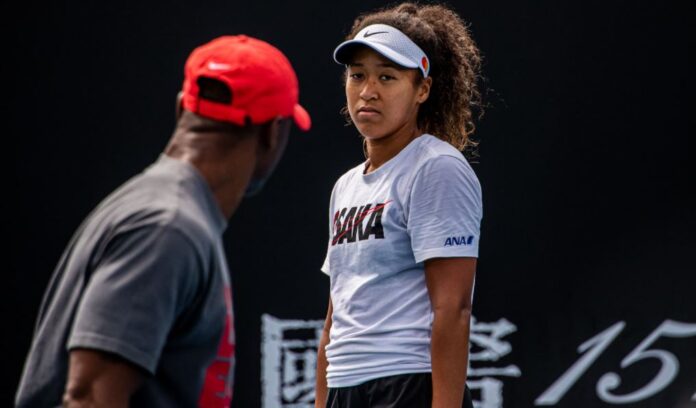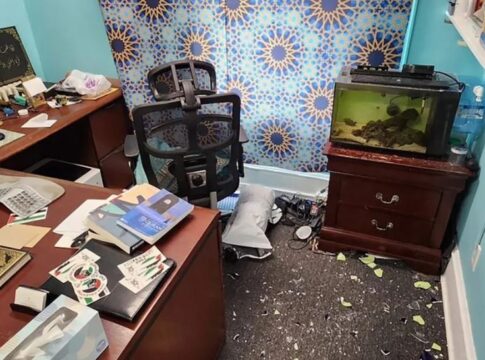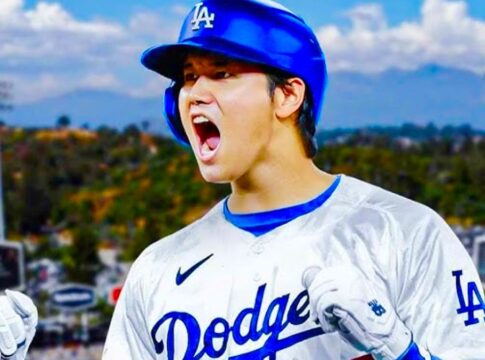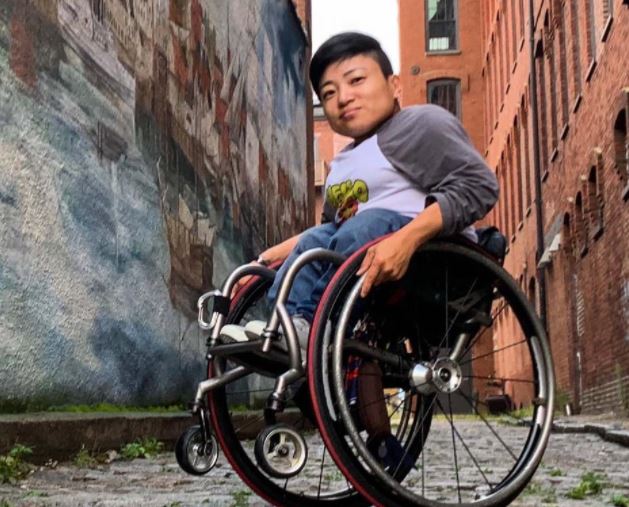By Louis Chan, AsAmNews National Correspondent
Members of the Asian American community from both the sport and mental health fields are voicing their support for Naomi Osaka after she pulled out of the French Open in protest.
The number 2 ranked women’s tennis player in the world at first declined to speak to the media saying she did not want to subject herself to the self doubt she blamed on questioning from reporters. Later after being fined $15,000 for her refusal, she withdrew from the French Open saying she’s battling depression and needed to prioritize self care.
“If she’s suffering from depression, she’s unprotected and needs some privacy,” said Dr. Gordon C. Nagayama Hall, past president of the Asian American Psychological Association to AsAmNews. “She’s experiencing problems that may cause her to want to be alone.”
Nagayama Hall criticized both the media and the tennis profession for not respecting Osaka’s needs.
LATEST STORIES
Mia Ives-Rublee, MSW, an athlete who trained for the Paralympics and is currently the Director of the Disability Justice Initiative at the Center for American Progress, agreed.
“I think about all the times you operate as a women of color,” she said to AsAmNews. “Particularly if you do have a mental health disability, you always feel like you’re being questioned about your ability and talents. It’s such a common feeling. You talk to any disabled women of color, that’s the first thing you bond over.”
Ives-Rublee says she considers mental health a disability just like any physical condition one might be confronting. She says the Americans with Disabilities Act defines a person with a disability as one who has a physical or mental impairment that substantially limits one or more major life activity.
All four major grand slam tournaments issued statements immediately condemning Osaka for not talking with the media. Others pointed to her fame and lucrative endorsements and said the media makes that all possible.
“I think there’s a racial dynamics,” said Hall. “The leaders of these tennis association and the press that interview her are primarily White men. To see a women of color to stand up to the press and her own rights is an unusual experience for many people in power.”
The Grand Slam tournaments have since rescinded their earlier statements and are now supporting Osaka.
“On behalf of the Grand Slams, we wish to offer Naomi Osaka our support and assistance in any way possible as she takes time away from the court. She is an exceptional athlete and we look forward to her return as soon as she deems appropriate,” Tuesday’s statement from those in charge of the French Open, Wimbledon, U.S. Open and Australian Open said, according to MSN. “Mental health is a very challenging issue, which deserves our utmost attention. It is both complex and personal, as what affects one individual does not necessarily affect another. We commend Naomi for sharing in her own words the pressures and anxieties she is feeling and we empathize with the unique pressures tennis players may face.”
The tennis great did not immediately disclose she had been suffering from depression, a condition she dates back to 2018 when the crowd booed her after she defeated Serena Williams in a cloud of controversy over some umpire rulings.
Both Ives-Rublee and Nagayama Hall say depression is stigmatized in the Asian American community and the community in general. They are not surprised Osaka waited three years to disclose her condition. Nagayama Hall also said it may take a while for symptoms to surface, possibly explaining why Osaka’s condition remained below the surface during that time.
Golfing great Michelle Wie, who is returning to competition this week at the U.S. Open after a long three year injury, called Osaka’s decision to take a break “incredibly brave.”
“It is sometimes crippling at times, but I’m really proud of athletes taking charge of their mental health and making it a priority,” Wie said, reported The National.
Ives-Rublee warned against “stigmatizing” Osaka.
“I don’t think people realize how much emotional labor you’re putting into that type of training,” she said. “When you’re in a sport that’s fairly white, you become a source of people’s own prejudice.”
Nagayama Hall says the Asian American Psychological Association plans to offer Osaka any assistance she might need. The group says it’s important that she receive culturally appropriate treatment.
“There are culturally adapted treatments for Asian Americans that consider these cultural differences for respect of elders, concern about loss of face,” he said. “Perhaps the most effective treatment for her, would consider her Asian and Black cultural context. All of these influences affect her personality and behavior. The most effective treatment would consider all the cultural context that would exist.”
AsAmNews has Asian America in its heart. We’re an all-volunteer effort of dedicated staff and interns. Check out our new Instagram account. Go to our Twitter feed and Facebook page for more content. Please consider interning, joining our staff, or submitting a story or making a contribution.









